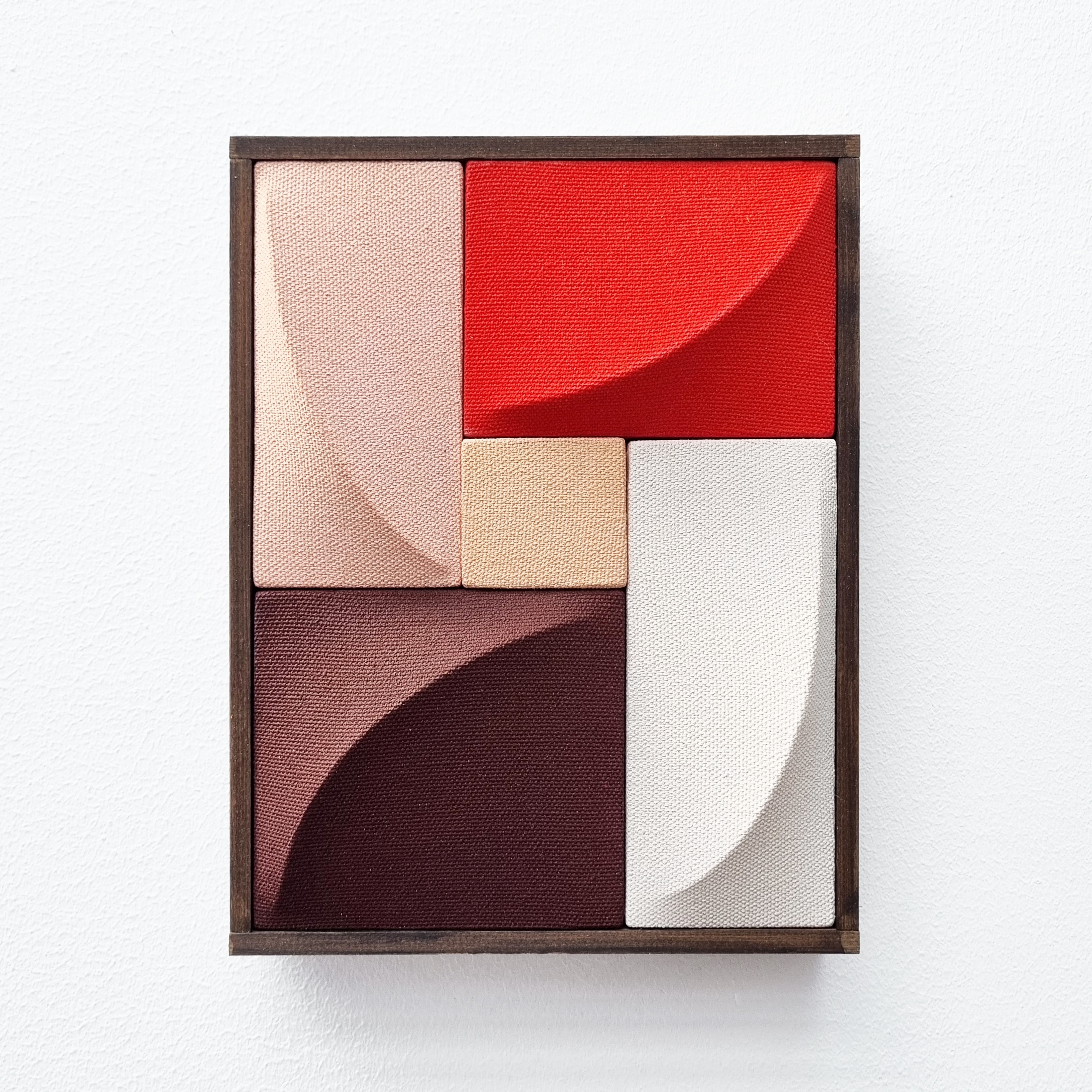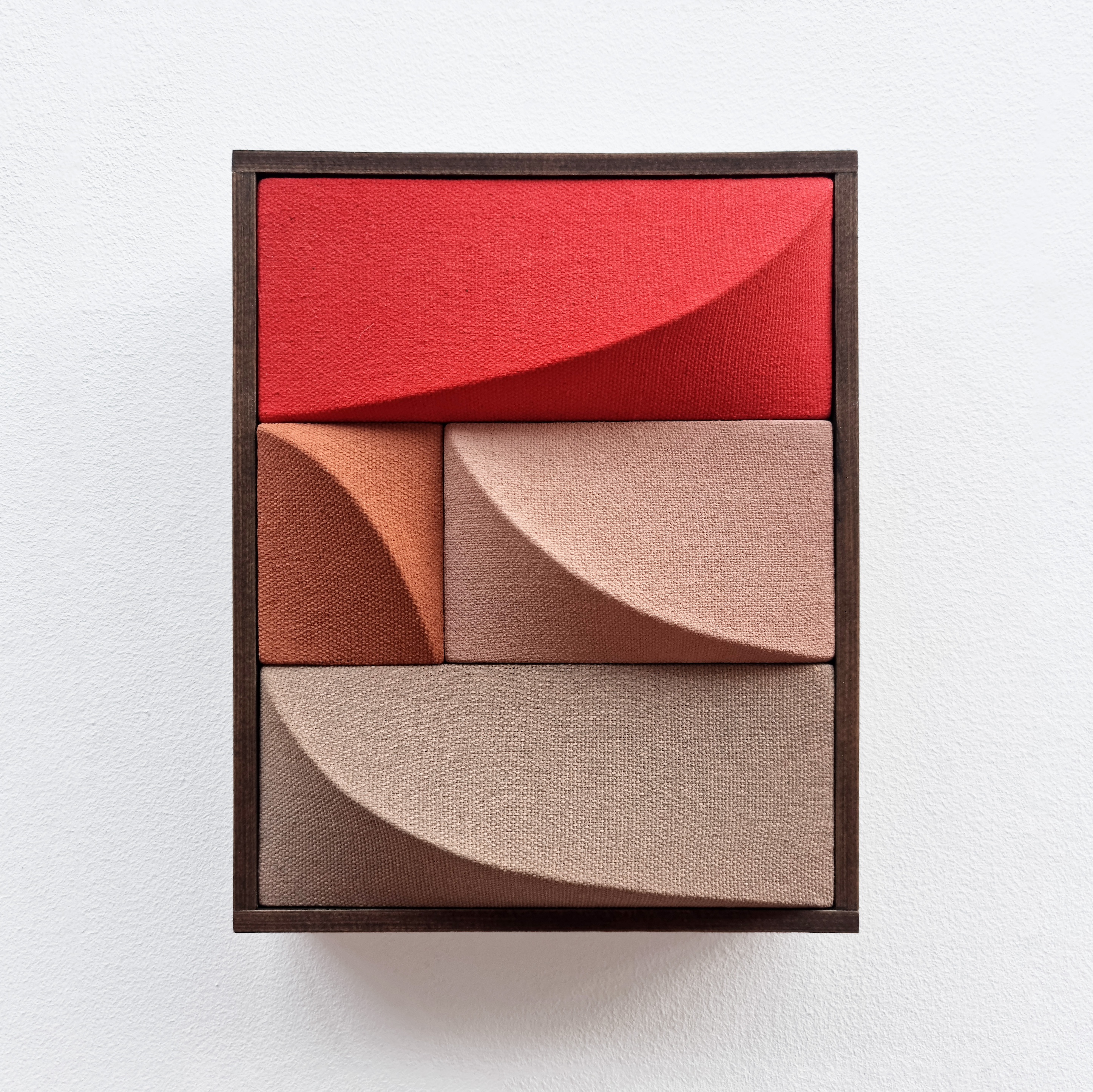
Charlie Oscar Patterson
Charlie Oscar Patterson simultaneously develops multiple bodies of work that embrace the history of modernist painting, acting as a continuation and fusion of minimalism and abstraction, where sculpture and painting merge. By softening the decorative qualities of the canvas while emphasizing its physicality, Patterson takes us on a journey to discover new perceptions of space and light. While color is a key visual marker in his work, each piece also "resonates" through rhythmic intervention, capturing movement over time as light shifts. For Patterson, light is not just an element but a vehicle that transports color from the smooth surface of the object to the viewer’s eye. His deep fascination with color is, above all, an exploration of light—because light is color. By applying multiple layers of dense oil paint, he focuses on a single chromatic tone to emphasize both the surface and its interplay of light and shadow, bringing the canvas to life as the viewer moves and the light changes. This interplay of color and form highlights his interest in the physical presence of the artwork itself rather than the artist’s expression, with his monochromatic pieces serving as prime examples. In Patterson’s work, light both completes and transforms the piece. His practice is best understood by perceiving light as sound. Just as an instrument is built to produce a specific sound, his works are instruments that “play” light. Describing his artistic process, Patterson reflects: *“Building the frame is like writing the score, and painting is like playing it for the first time.”* Much like the keys of a piano, the canvas’s three-dimensional extensions act as tools to manipulate light, offering endless variations in shadow and tone. By composing his works as musical scores, his structures become instruments, performing solid rhythms of color in harmony with light and shadow. Patterson’s work is an experience in itself. Through his approach, the artwork becomes an object, an installation—one that possesses a distinct presence, engaging the viewer by sharing the same space.
Receive more information on available works from this artist.

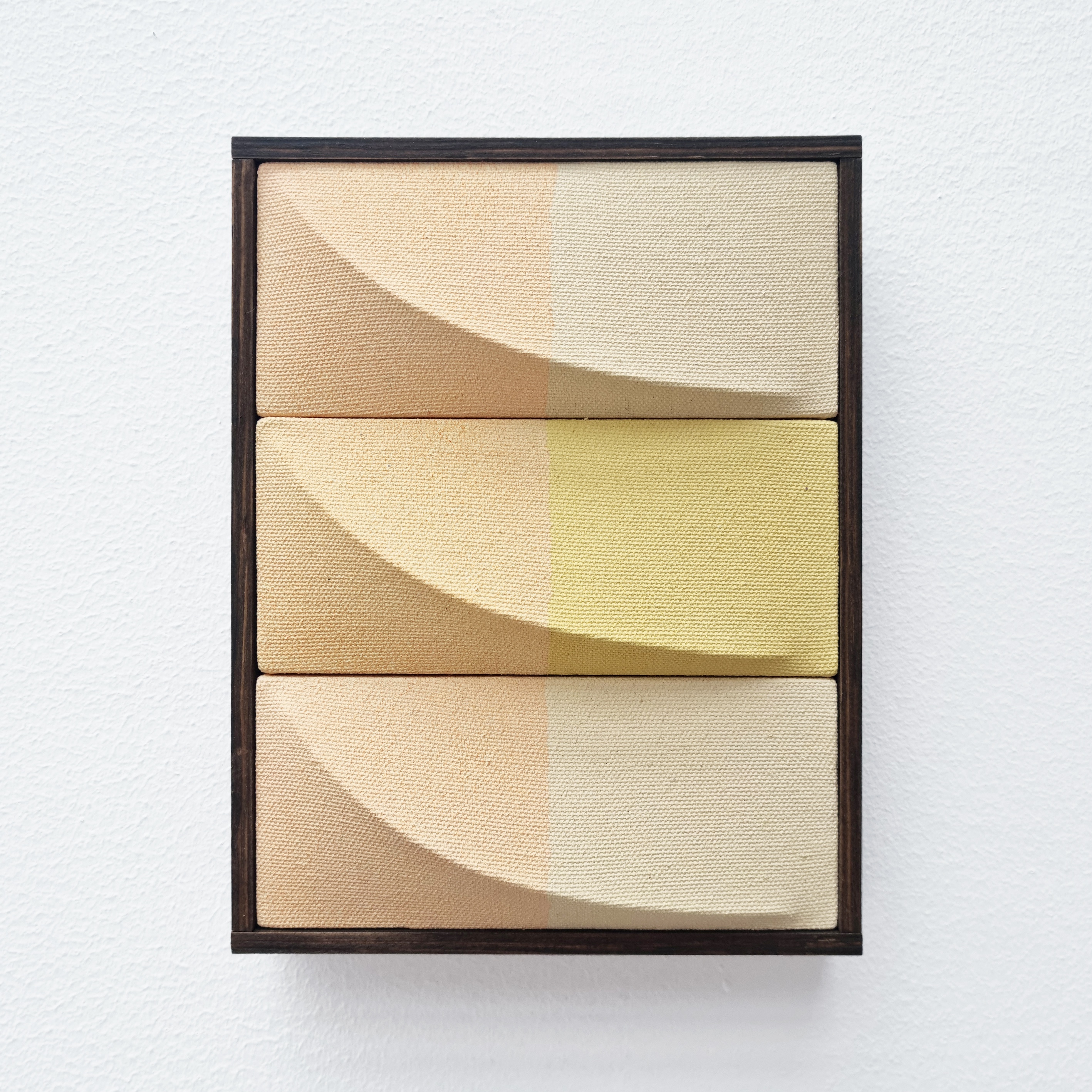
Cathedral of Light
2024 Acrylic on canvas 19 × 15 × 5 cm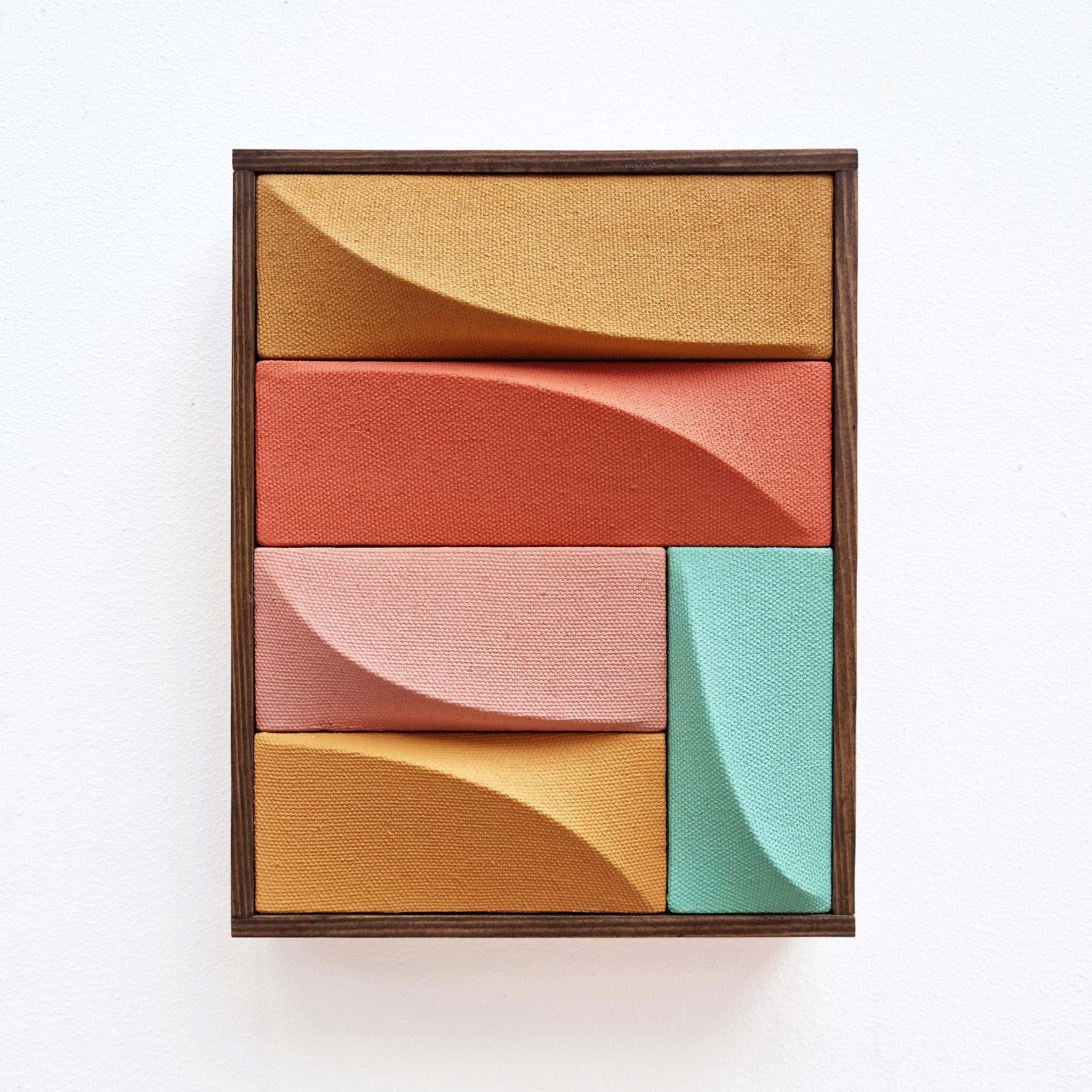
Dance Of The Crab
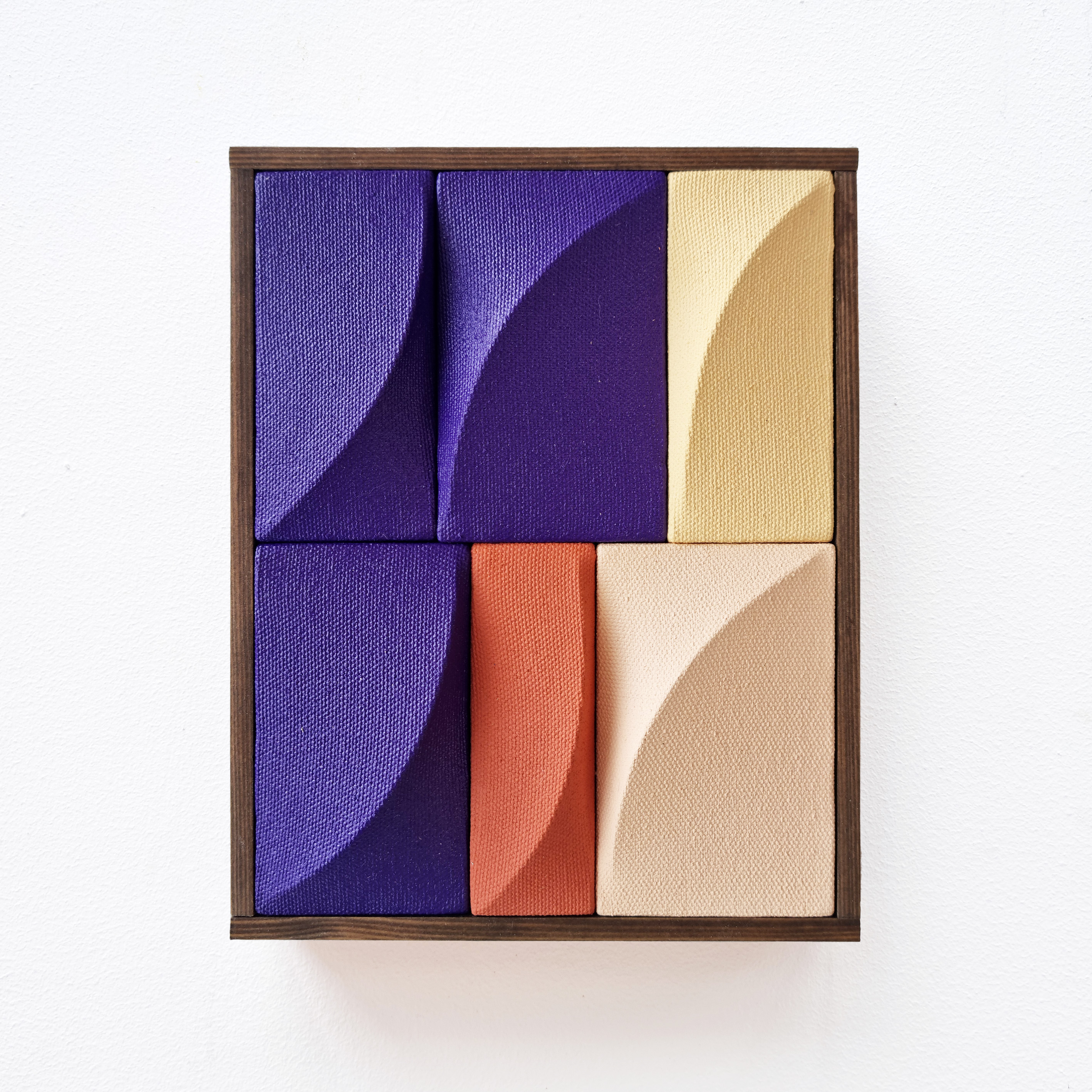
Good Lies
2024 Acrylic on canvas 19 × 15 × 5 cm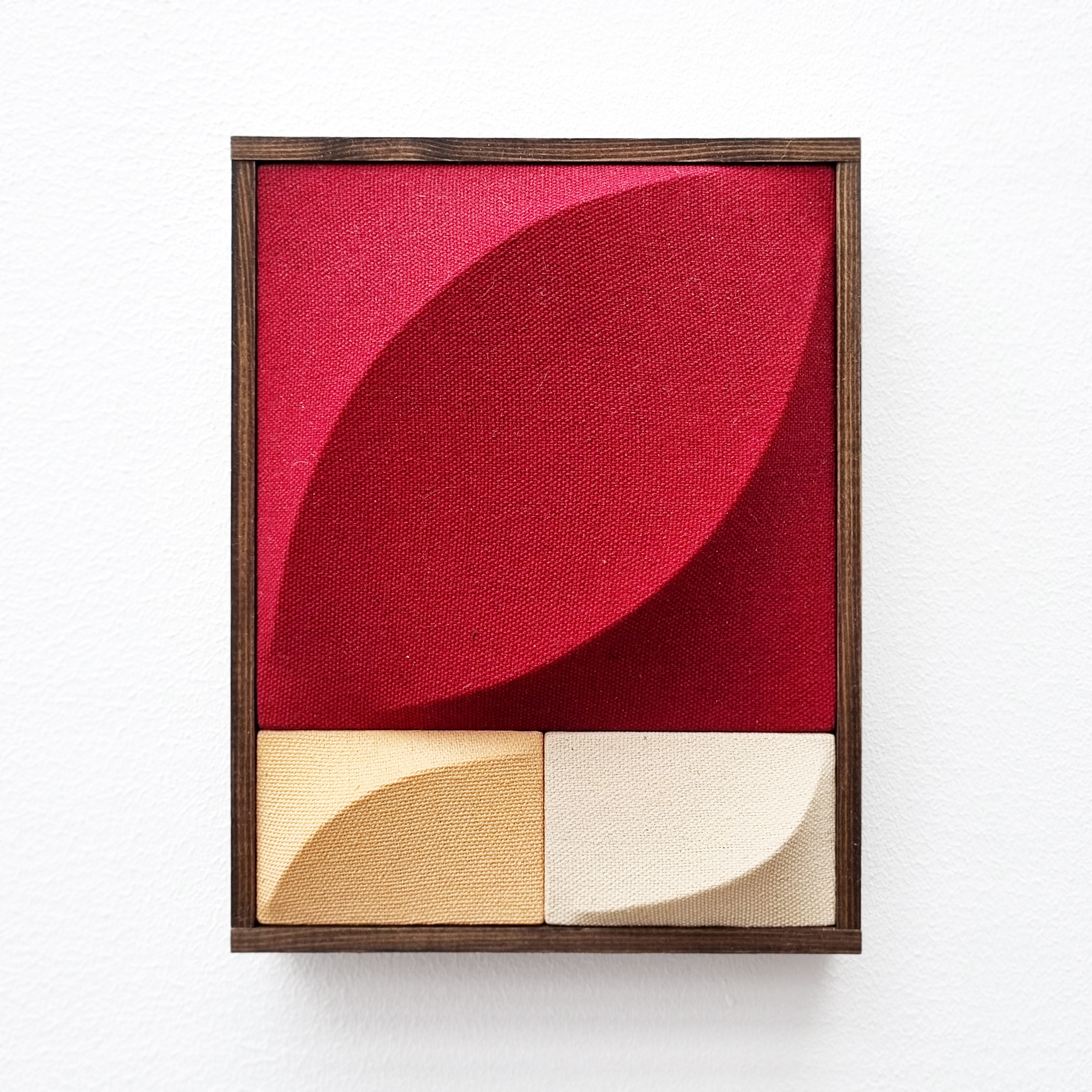
House of Love
2024 Acrylic on canvas 19 × 15 × 5 cm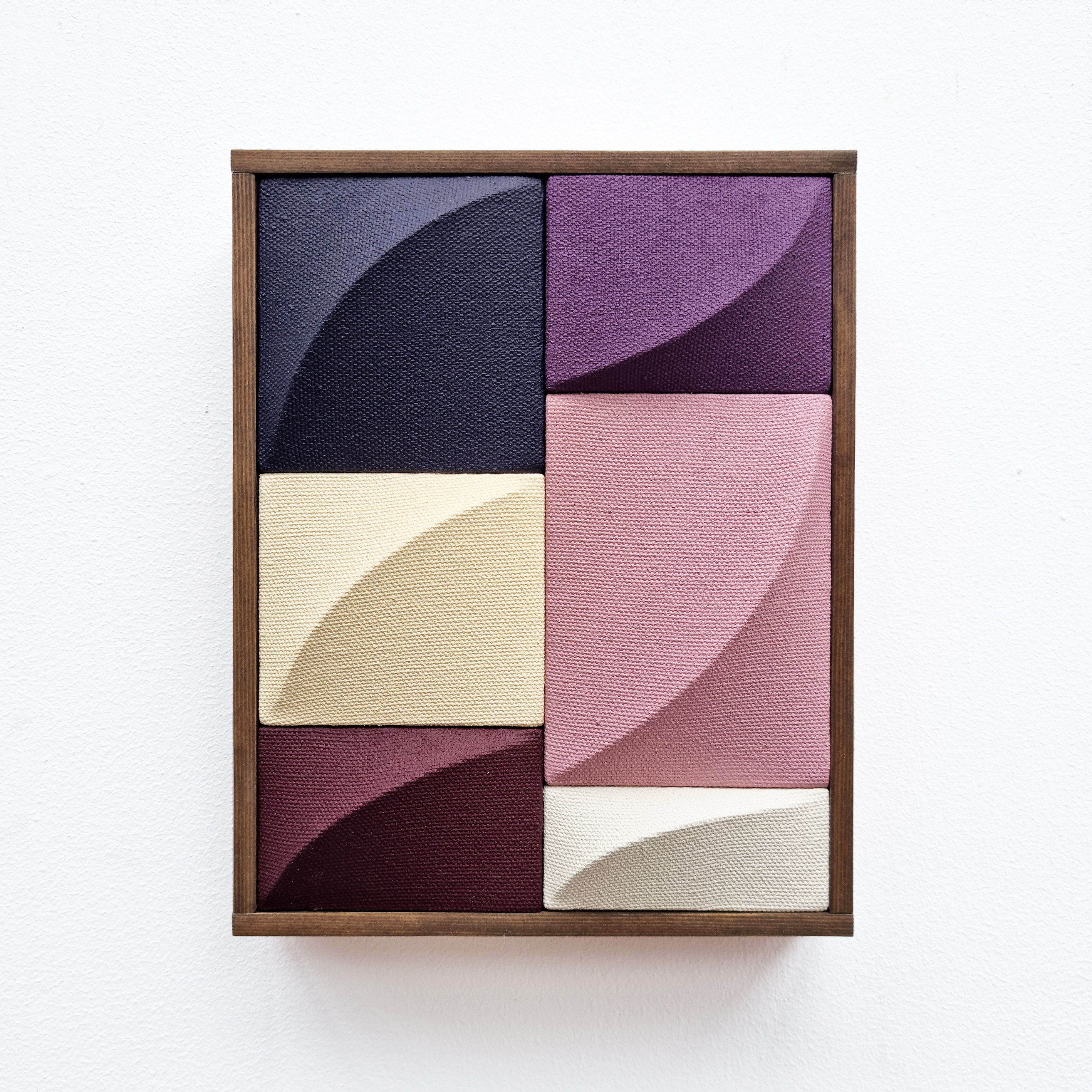
How You Feel
2024 Acrylic on canvas 19 × 15 × 5 cm